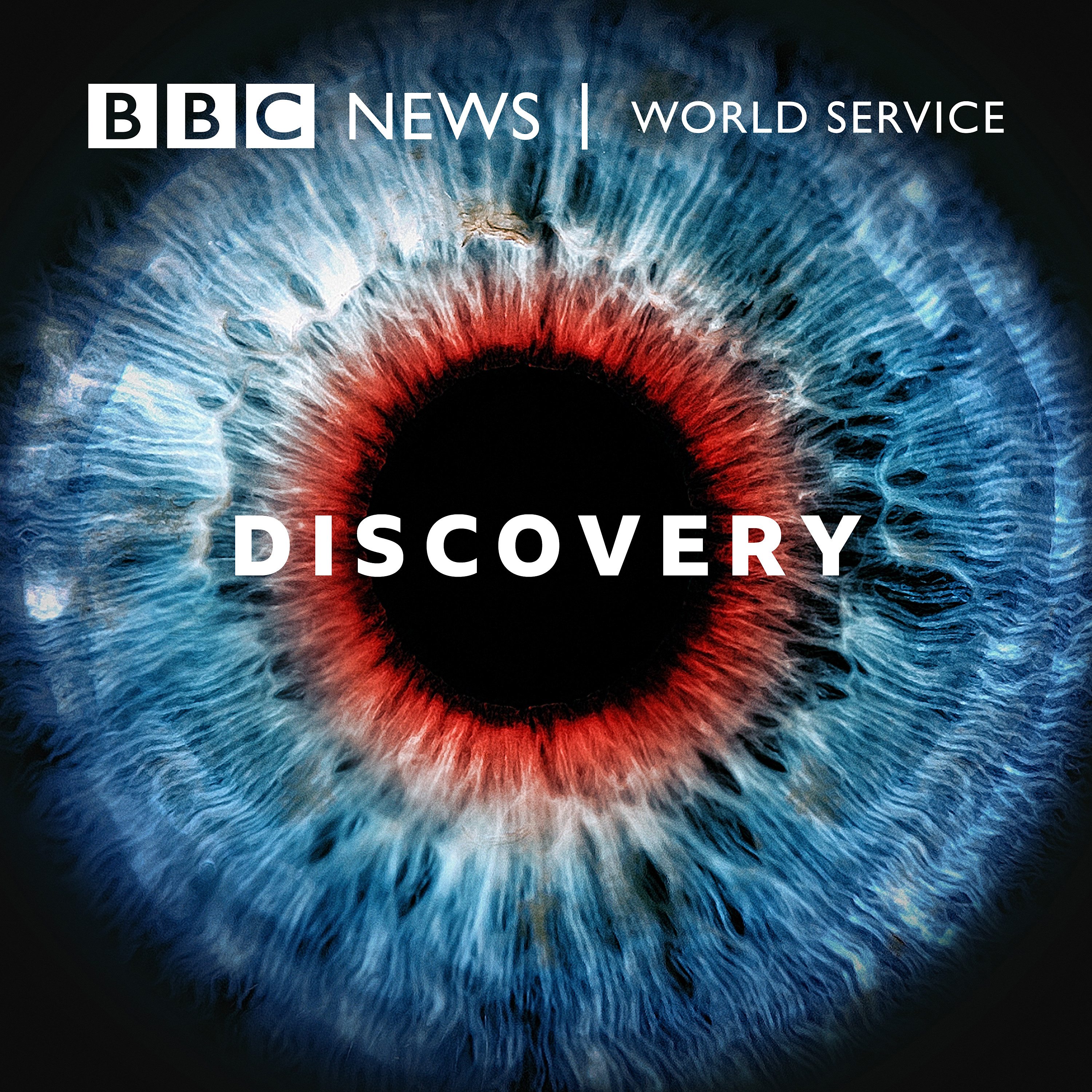
Discovery
Nov 23, 2020
Everyone knows about the Big Bang being the beginning of the universe and time - but when and how is it going to end? ask brothers Raffie and Xe from Rome. For this series, with lockdown learning in mind, Drs Rutherford and Fry are investigating scientific mysteries for students of all ages. The doctors sift science from philosophy to find out.
Cosmologist Jo Dunkley studies the origins and evolution of the universe. She explains how astrophysical ideas and techniques have evolved to tell us what we now know about our galaxy and far beyond, from the elegant parallax technique to standard candles. This particular distance measure, which uses stars of a known brightness to work out how far away other objects in the universe are, was discovered by American astronomer Henrietta Swan Leavitt in 1912, who worked at the Harvard University as one of several “computers” – women who processed and calculated data and made significant contributions to astronomy.
Curious Cases’ universal guru Andrew Pontzen puts this into context. Because the universe is so enormous, it turns out that these measurements are just the first steps on the cosmic distance ladder – a suite of tools that astrophysicists use to determine distances to celestial objects. Scientists know that objects are moving away from us because the wavelengths of light from them get stretched and appear redder in our telescopes – the so-called red shift effect. But having a handle on the distances to and between those objects allows cosmologists to monitor what’s happening to them over time. And it turns out that not only are they getting further apart, indicating that the universe is expanding, but that this process is accelerating.
So what might happen in the end? Expansion and then collapse – a big crunch? Expansion into the void – a big freeze, or a big rip? Or what if there is more than one universe – might a new one bubble up with totally different laws of physics that would cause our own to cease existing? It turns out that when dealing with predictions for something involving infinite space and time, the possibilities are largely limited by human imagination alone. Ideas are where science starts, but experiments are required to build evidence confirming or rejecting them as fact. The doctors discuss how gravitational wave detectors and quantum computers might one day provide this.
Presenters: Hannah Fry & Adam Rutherford Producer: Jen Whyntie

